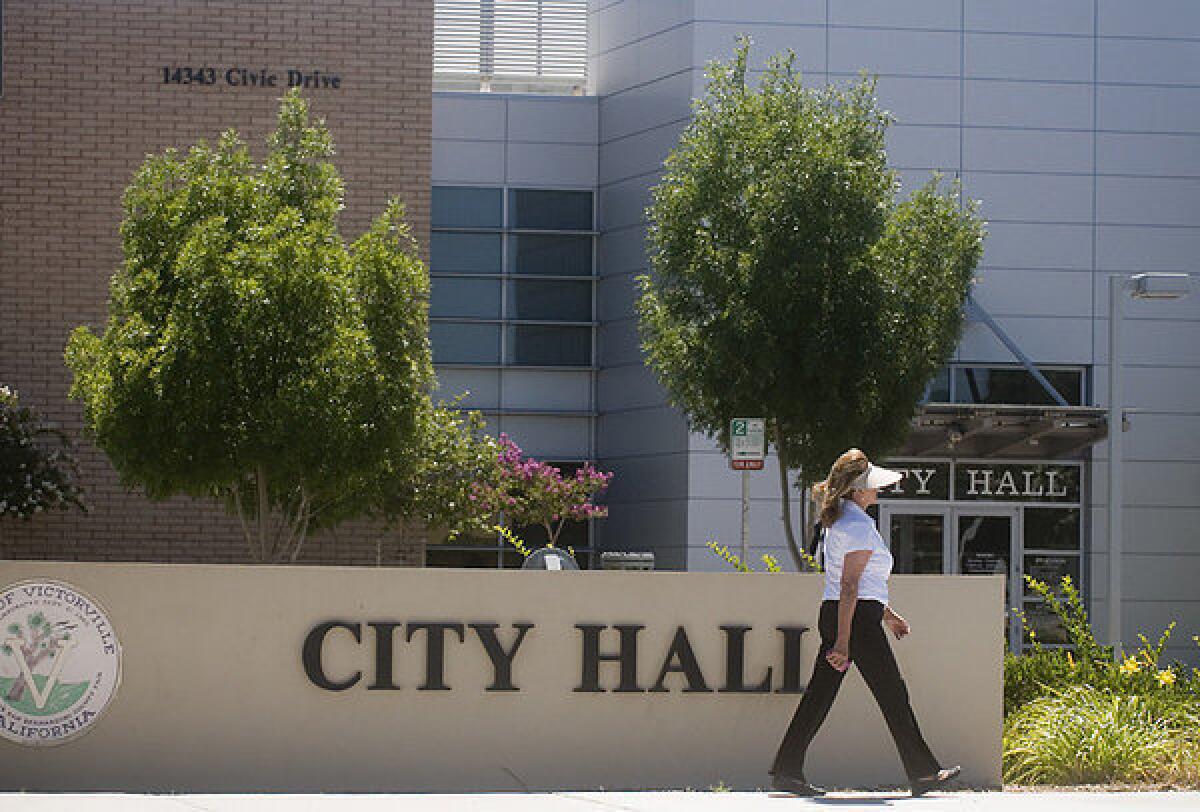Keeping public information public

- Share via
California’s lawmakers never tire of letting members of the public know what a nuisance they are.
Last year, for instance, made it optional for local governments to comply with laws requiring them to post public meeting agendas. The ostensible reason was savings: Cities, counties, school districts and other agencies complained that writing up agendas and making them publicly available were expensive, that the law requiring such actions was a state mandate, and that the state must either pay governments to comply or suspend the requirement. The state didn’t want to pay, so it lifted the mandate.
This year, as part of the recent budget deal, the state is going the same way on requests for public records. Yes, local governments would still have to provide people with the information they request but they would no longer have to respond within 10 days. They wouldn’t have to help the applicants figure out exactly what documents they may be seeking. They wouldn’t have to explain why requests were rejected. They could provide the information in as inconvenient a form as possible; for example, they could provide paper records even if they have information in more usable database formats.
The excuse again is cost. Being accountable to voters, serving the public, running government as a transparent and representative institution and not as a self-serving racket — it’s all just so expensive.
Public records laws would remain on the books but compliance with the provisions above by local governments would be optional — encouraged as a “best practice” but not mandated.
Imagine if complying with the law were merely voluntary for the public, as well. Suppose, for example, state authorities said you would be following the best practices of citizens if you paid your taxes, but in the end it’s up to you. If you decided not to, oh, well. No consequences.
Of course it doesn’t work that way. Complying with the law is not an option for citizens, and it should not be an option for government.
It sometimes seems like there is a raging epidemic of government contempt for public access. Consider, for example, the U.S. Supreme Court’s April 29 decision preventing a Californian from accessing public information held by the government of Virginia because he lives in this state and not that one.
But to be an epidemic it would have to be a time-limited outbreak, with a clear beginning and end. It’s not like that. Government, by its very nature, will always try to avoid the “nuisance” of public disclosure. That’s why the public must always be prepared to resist, insist, petition and complain in order to make clear that government information is public information.
More to Read
A cure for the common opinion
Get thought-provoking perspectives with our weekly newsletter.
You may occasionally receive promotional content from the Los Angeles Times.






